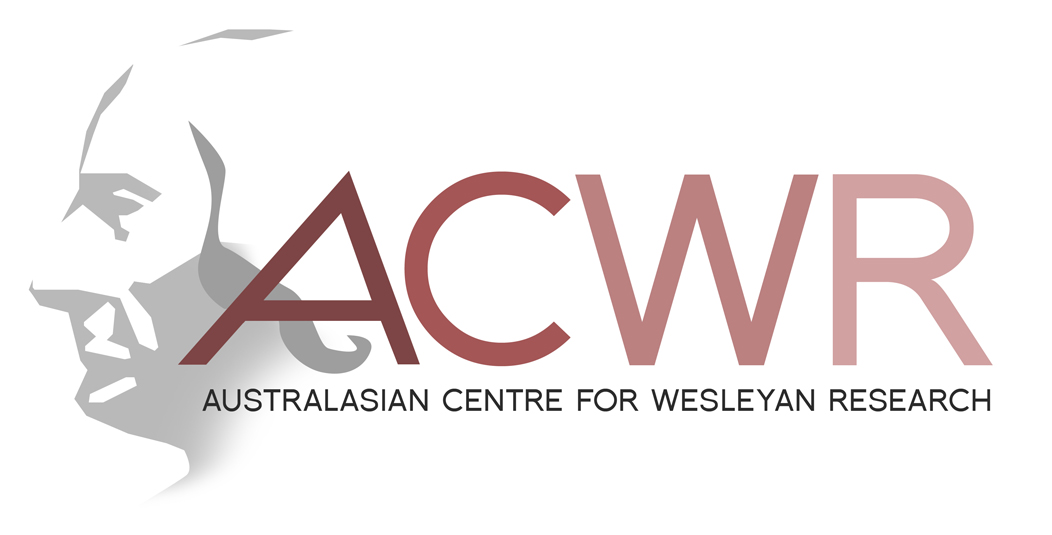10th ACWR Conference
‘A Curious Machine’: Wesleyan Reflections on the Post-Human Future
13 - 15 September 2019
Eva Burrows College, 100 Maidstone Street, Ringwood, 3134, Victoria, Australia.
conference THEME
The rate of technological change appears to be opening toward a future in which the centrality and uniqueness of human beings as rational creatures may undergo a shift. What are the biblical, theological, ethical, philosophical, and practical implications of the development of sentience within artificial intelligence? In his sermon ‘What is Man?’ John Wesley spoke of the human being as a ‘curious machine,’ reflecting the eighteenth-century view of the person as a set of complex mechanisms animated by the soul. What ‘curious machines’ may lie ahead of us, not made in the image of God but in the image of a flawed creator? Human enhancement, genetic modification, remotely controlled weapons, the replacement of human labour and skill by robots, the commodification of data, and the development of independent reasoning powers in artificial intelligence all carry both promise and risk. Such themes have been well explored in popular culture and ethicists are beginning to take such questions seriously.
What insights does a Wesleyan theological anthropology bring? How unique is human reason and intelligence? Could a robot ever possess a ‘soul’? Will the future be post-human and what theological approaches will help us prepare for that possibility? Should the rate of technological change be slowed so that we can reset our moral and ethical compass? Or is technological change and development simply a movement toward humanity’s fulfilment in God?
The conference commenced on Friday, 13 September at 7.00pm.
Papers presented at the ACWR 2019 Conference:
David McEwan: “Did Jesus die for HAL? Some Implications of the Incarnation and Atonement for Human Uniqueness”
David Allen: A Cosmic Theology Worthy of a Cosmic God – Early Explorations of a Post-Human Theology Previewed by Pierre Teilhard de Chardin and Nikolai Fedorov
Gordon Preece: AI Armageddon for jobs? Or Paradise of the Precariat? The Meaning of Artificial Intelligence for Human Vocation
John Capper: Ambiguous Peace: Szymanowski and Wesley in dialogue with King Roger II of Sicily
Stephen Garner: Angels and Robots: The religious dimensions of transhumanist popular culture
Brian Edgar: Biotechnology, Wesley and the Gospel
Thomas Oord: Can Machines Love?
Jonathan Case: Caught Between the Postmodern and the Modern: Why Are Christians Reluctant to Embrace the Transhumanist Movement?
Ian Packer: Christian Bioethics, the Fear of Death, and the Transhuman Future
John McDowell: Humanising Bodies of Tomorrow: Reel Hope and Theology’s Social Critique
Pam Reed: Intelligent Robots, Sentient Animals and Humans Living with Dementia: the incompatibility of Peter Singer’s ethics and Christianity in relation to Personhood
Carolyn Alsen: Internet Subcultures of Toxic Masculinity and Rereading Biblical Theologies of Difference
Caleb Stewart: Posthuman metaphysics and Darwinism: A therapeutic response
Grenville Kent: Sexbots, love and marriage: a meeting of minds?
Glen O'Brien: The Awakening of Maria in Fritz Lang's Metropolis
David Wilson: The Dehumanisation of a Post-Human Future
Caleb Smith: Vast, Cool and Unsympathetic: the Church and the World’s First Tale of Robot Overlords

